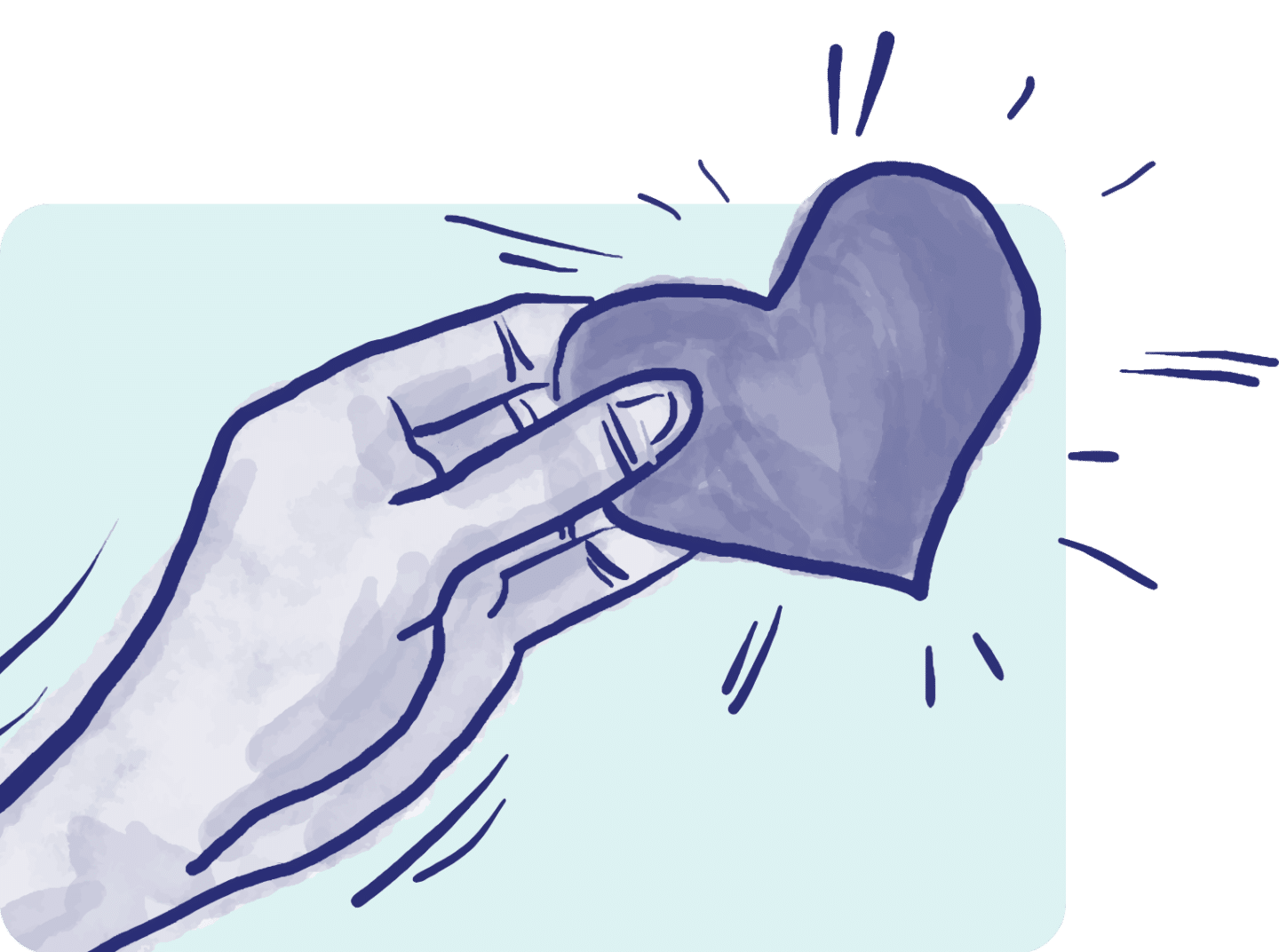Treatment for Suicidal Ideation in Spokane, WA
Build Resilience with Residential Treatment

Get Ready to Embrace Life & Shape Your Future

How Our Program Works with Suicidal Ideation
During residential treatment, we build on a child’s inherent strengths and resources to create a lasting foundation for healing. Our treatment center offers a safe space and a supportive environment where youth can address underlying patterns that lead to suicidal ideation and attempts.
We Accept Insurance




Safety & Crisis Intervention
Residential care at Tamarack Center provides 24/7 supervision and support in a secure environment which helps to mitigate the risk of self-harm and ensures quick intervention during moments of crisis.
Medication Management
Our psychiatrist will assess the need for medication to manage co-occurring mental health conditions like depression or anxiety that might be contributing to suicidal ideation. Medication management and therapy can provide a well-rounded approach to healing.
Is Your Teen Having Suicidal Thoughts?
How Serious Is Suicidal Ideation?
Suicidal thoughts can be a cry for help when life feels unbearable. Research shows most teens with suicidal ideation don’t want to die – they just want the overwhelming pain to end. However, suicidal thoughts and gestures are serious and can often indicate the need for a higher-level of care to ensure safety while youth receive intensive treatment.
Risk Factors
- Previous Suicide Attempts
- Prolonged Stress (from harassment, bullying, etc.)
- Recent Significant Life Transition (divorce, loss, rejection, etc.)
- Childhood Neglect or Trauma
- Family History of Suicide
- History of Mental Health Conditions

Need More information?
We’re here to help!
Frequently Asked Questions:
When a teen’s suicidal thoughts or urges become frequent or severe, it may be time to seek residential treatment. Tamarack Center serves many kids who have attempted suicide or have engaged in self-harming behaviors that put their safety at risk.
They will participate in individual, family, and group therapy, develop coping mechanisms, and learn emotional regulation skills. Teens can also expect medication management (if necessary), group activities, school, and recreation therapy.
Read the latest Insights in Child Psychology
Enjoy deep insights with our team’s curated content centered around cognitive psychology and mental and behavioral issues in children, adolescents, and young adults.
Give your Teen the Tools to Grow
and succeed in life




